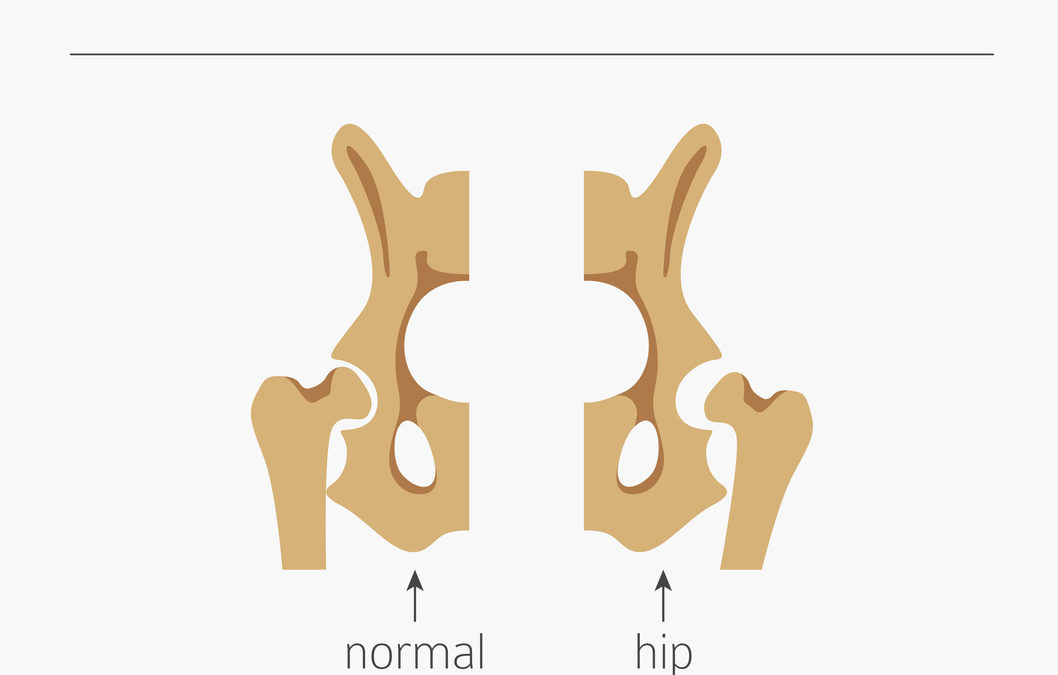Lawsuits have been filed for babies who developed hip dysplasia from baby carriers such as the BabyBjorn, Evenflo Snugli, and Infantino Flip.
What You Can Do & How We Can Help
The Schmidt Firm, PLLC is currently accepting baby carrier hip dysplasia induced injury cases in all 50 states. If your baby or somebody you know has been diagnosed with hip dysplasia from a baby carrier, you should contact our lawyers immediately for a free case consultation. Please use the form below to contact our Product Liability Litigation Group or call toll free 24 hours a day at (866) 920-0753.
What is the Problem?
Baby carriers are commonly used by parents to comfort their infants. Unfortunately, there is evidence that certain types of baby carriers increase the risk of hip dysplasia.
Baby Carriers Linked to Hip Dysplasia
Hip dysplasia is linked to poorly-designed baby carriers with narrow, unstructured seats that do not support the thighs. These carriers allow the baby’s legs to fall straight down rather than straddling their caregiver in an “M-position.” Over time, baby carriers can permanently deform the baby’s hip sockets by forcing their legs into unnaturally straight, stretched-out position too early in life.
Understanding Hip Dysplasia in Babies
What Causes Hip Dysplasia?
The hip joint works like a ball and socket. Normally, there is a ball (called the “femoral head”) at the top of each thigh bone, which rotates inside a cup-shaped hip socket (called the “acetabulum”) on the pelvis.
Hip dysplasia occurs when the ball and socket do not fit together properly. Instead, the socket is too shallow and the ball slips out of the joint (called a “hip dislocation”). In mild cases of hip dysplasia, there is only a minor looseness or instability of the hips. In severe cases, the hip joint is very loose and the ball slips completely out of the socket.
How is Hip Dysplasia Diagnosed in Babies?
In babies, hip dysplasia is called Developmental Dysplasia of the Hips (DDH). In babies under 6 months, DDH is diagnosed with a physical exam and ultrasound. In babies older than 6 months, DDH is diagnosed with x-rays because their bones are more developed.
Symptoms of Hip Dysplasia
- Hip pain
- Legs of different lengths
- Less flexibility on one side
- Limping, toe-walking, or waddling gait
- Looseness in one or both hips
- The folds in the skin of the thigh are uneven
- A “click” or “popping” sensation when the hip moves
Pavlik Harness
Babies under 4 months old who are diagnosed with hip dysplasia may need to wear a Pavlik harness. This device is a fabric splint that holds the baby’s hips in a stable position. Babies must wear the harness all day and all night for 8-12 weeks, until their hip is stable and an ultrasound shows their hip is developing normally.
Abduction Brace
An abduction brace may be recommended if the baby’s hips continue to dislocate, either partially or completely, after they are treated with the Pavlik harness. If the brace fails to stabilize the hips, surgery may be the only option left.
Long-Term Complications of Hip Dysplasia
Teenagers and young adults with hip dysplasia may suffer from chronic pain and devastating long-term complications. These problems include hip pain, groin pain, osteoarthritis, hip labral tears, unstable hips, limping, limited physical activities, and other disabilities.
Some of the most serious risks include:
- Avascular Necrosis
- Minor Laxity
- Looseness of the hips
- Dislocation of the hips
- Osteoarthritis
- Painful degeneration of the hip joints
- Hip replacement surgery
- Other hip injuries
Developmental Delays in Babies
Babies with severe hip dysplasia may start crawling and walking later than other kids. With successful treatment before 1 year of age, many children will walk normally. In contrast, untreated hip dysplasia can cause a child to walk later, and they may also limp when they walk.
Hip Replacements & Joint Preservation Surgery
In the worst cases, joint preservation surgery or a total hip replacement may be considered for adults. Unfortunately, hip replacements and surgery are often necessary when severe hip dysplasia has caused painful osteoarthritis (degeneration of the joint).
Do I have a Hip Dysplasia Lawsuit?
The Schmidt Firm, PLLC is currently accepting baby carrier hip dysplasia induced injury cases in all 50 states. If your baby or somebody you know has been diagnosed with hip dysplasia from a baby carrier, you should contact our lawyers immediately for a free case consultation. Please use the form below to contact our Product Liability Litigation Group or call toll free 24 hours a day at (866) 920-0753.
Attention Lawyers: We consider a referral from another law firm to be one of the greatest compliments. If your firm is interested in referring us a case or for us to send you a list of previous award judgments and/or average referral fees, please visit the Lawyer Referral section of our website.


 The Schmidt Firm, PLLC has been recognized as one of the nation’s leading plaintiffs' law firms and handles cases in all 50 states. We are very proud of our legal achievements, but equally self-respecting of our firm's reputation for providing personal attention to each and every client we represent.
The Schmidt Firm, PLLC has been recognized as one of the nation’s leading plaintiffs' law firms and handles cases in all 50 states. We are very proud of our legal achievements, but equally self-respecting of our firm's reputation for providing personal attention to each and every client we represent.

